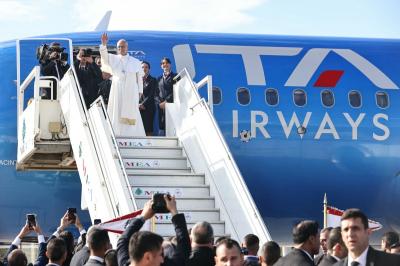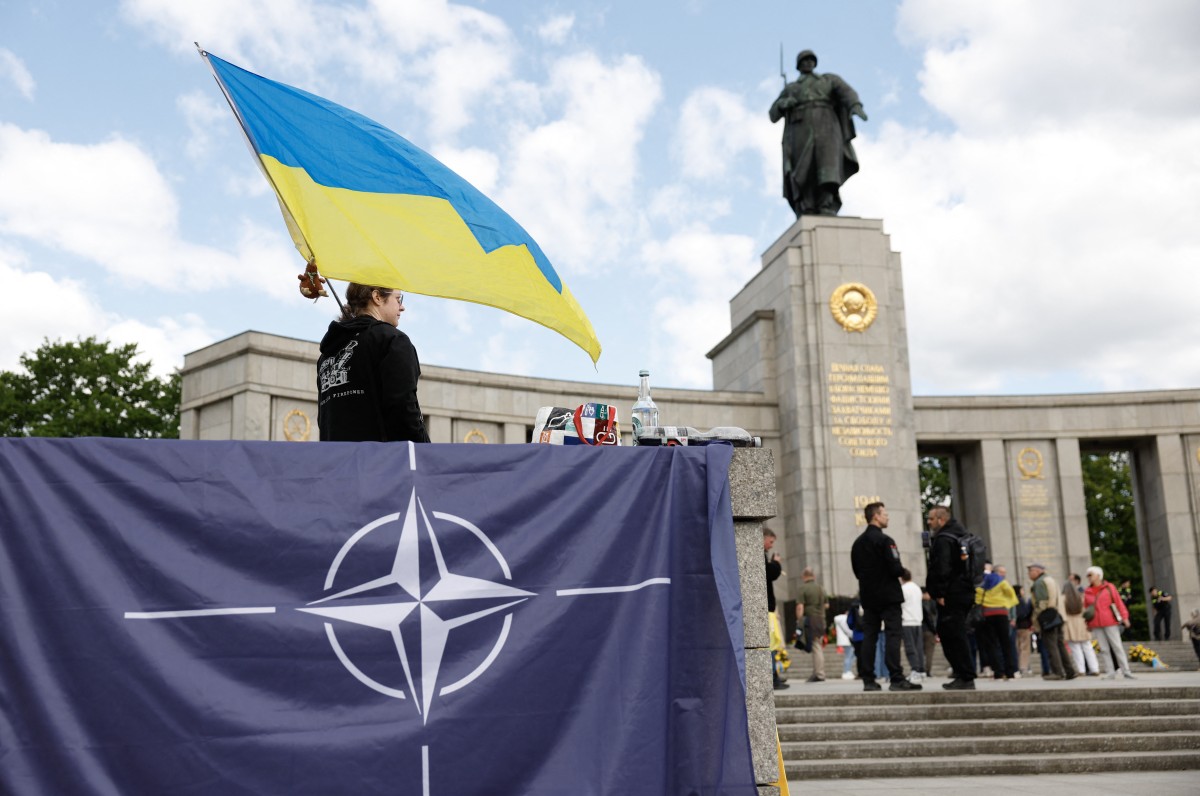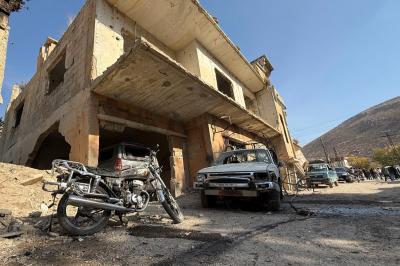With the simultaneous unfolding of the crises in Ukraine and the Middle East, Europe finds itself divided due to the individual choices of its social and socio-economic components, as well as the individual decisions of its member states, driven mainly by ethical considerations. Europe is confronted with two major geopolitical shocks: the Russian war in Ukraine, ongoing since 2022, and the escalation of the Israeli-Palestinian conflict and its wider repercussions in the Middle East since late 2023.
Each of these crises demands unified diplomatic, military, humanitarian, and financial resources. However, Europe’s room for maneuver is constrained by diverging national priorities. Eastern Europe, especially Poland and the Baltic states, is focused on deterring Russia, while Southern Europe, primarily Italy, Spain, and Greece, is more concerned with stability in the Mediterranean and, by extension, the Middle East. These southern countries are more seriously affected by migration flows across the Mediterranean basin.
Further north, France and Germany are walking a tightrope, trying to strike a balance between the two crises. But here too, deep divisions persist due to internal disagreements common to both countries.
The War in Ukraine
It is important to note that there is a common stance on the war in Ukraine regarding sanctions, military aid, and NATO coordination. However, Germany, Hungary, and Slovakia have shown hesitation over military assistance, even as the escalation with Russia continues in the background. Adding to the challenges is the bleak financial outlook of Ukraine’s post-war reconstruction and managing the flow of Ukrainian migrants across Europe—the war has displaced over 6 million people. These issues fuel electoral gains by the far right (e.g., AfD in Germany, Le Pen in France, Meloni in Italy) and exacerbate internal EU conflicts over asylum quotas, burden-sharing, stricter border policies, and anti-immigration rhetoric, all of which further weaken European unity.
The Middle East
Regarding the Middle East, Europe is struggling to articulate a coherent common position, and the divisions are even more pronounced. France is calling for a ceasefire in Gaza and is open to recognizing a Palestinian state, while Germany remains more cautious due to its historical responsibility toward Israel. Eastern European countries align with the concept of Israel’s security, whereas Southern countries are mainly concerned with migration flows—though Spain has expressed support for a Palestinian state.
Europe’s unity is therefore severely tested as it tries to manage these two destabilizing crises simultaneously.
The Repercussions
While waiting for potential solutions, the war in Ukraine has disrupted Russian gas supplies, forcing Europe to turn to energy markets in the Middle East and North Africa. But Iranian strikes in Israel have also destabilized these supplies. The rise in global prices of raw materials and energy, driven by both conflicts, has had varying effects on European economies, deepening North-South economic divisions within the EU.
In foreign policy, the rift is widening further due to the growing disengagement of the United States, which is increasingly prioritizing the Indo-Pacific region and showing inconsistency in its Middle East commitments. As a result, Europe is divided on how closely it should follow Washington’s positions, especially regarding Israel and Palestine. Within NATO, consensus is eroding as some members want to focus on stabilizing the Middle East while others insist Ukraine remains the main threat.
Europe, hesitant, still allocates a significant—though declining—military aid to Ukraine, while it loses credibility in the Middle East, where its humanitarian aid efforts remain vague.
Ultimately, it can be concluded that Europe has no choice but to close ranks in the face of these two geostrategic conflicts threatening its stability.
Please post your comments on:
comment@alsafanews.com
 Politics
Politics














